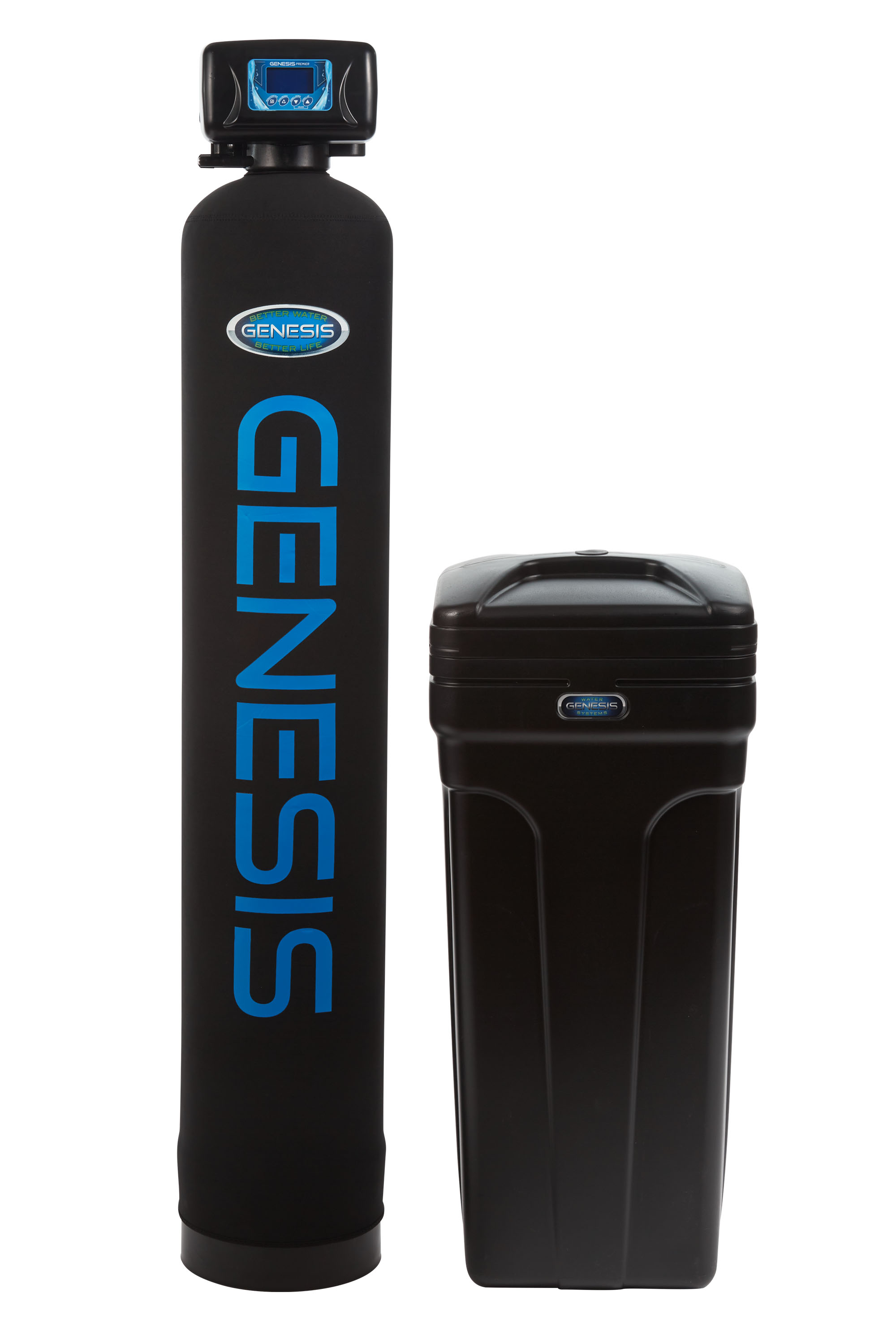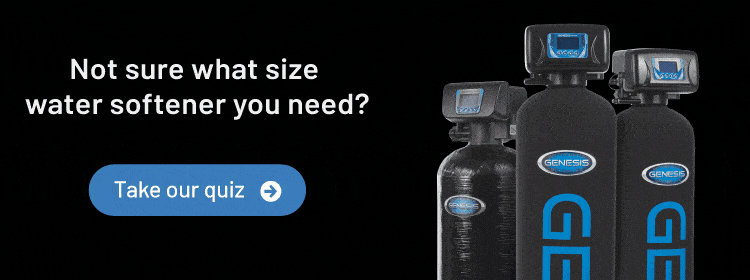Water Softener vs. Water Conditioner
Posted by Discount Water Softeners on Jul 26th 2022
Hard water in your home comes with a hefty price tag, and no one enjoys their budget being hit with never-ending plumbing repairs and appliance replacement. When hard minerals enter your water supply, it leaves destruction in its wake. Anywhere hard water travels, you’ll find scale buildup and ugly stains around faucets, drains, and showerheads. This type of water clogs pipes, decreases water quality, and generally makes life a hassle for homeowners.

Online searches for hard water solutions will generally bring you to two main options: water softeners and water conditioners. Salt-free water softeners or saltless water softeners may also come up in your quest for hard water fixes. The only problem with this is that there is no such thing as a salt-free softener, salt-free conditioner, or salt-based water softener alternative.
Saltless softening is scientifically impossible; the only way to remove both magnesium and calcium hard minerals from your water is by use of sodium during the process of ion-exchange. Using a traditional salt-based water softening system is the ONLY cost effective way to rid your home of hard water.
Ion Exchange Water Softening
By definition, softened water is water free of the dissolved salts of metals (calcium and magnesium) that form insoluble deposits like scale in pipes, soap scum on appliances, and that interfere with efficiency of soaps and detergents.
A water softener is a system that uses a process called ion exchange. Traditional salt-based water softeners are ion exchange devices. Ion exchange involves the removal of hardness ions and replacement with non-hardness ions, supplied by the brine formed in a water softener’s tank. The hard water travels through a bed of resin which traps the minerals and replaces them with the sodium ions from salt. The minerals are then flushed and drained out of your water system, leaving you with soft water.
A water conditioner, on the other hand, is a different type of technology altogether. It does not remove minerals from the water. Rather, it changes the chemical structure of the minerals. The claim that these types of systems will reduce hardness is false. A water conditioner is never a good option for protecting your appliances or reducing staining on fixtures. Because the hard minerals remain in the water, you’ll still have the same issues with water quality.
Salt-free appliances are expensive, they won’t reduce scale build-up that leads to reductions in efficiency and cause premature replacement costs, or reduce hardness that leads to spots on shower doors and glassware. They also don’t reduce the amount of detergent or soap needed to clean your home. Most importantly, they do not protect the critical equipment in your home like water heaters, dishwashers, and washing machines. Without an ion-exchange water softener, you lose all the advantages of hard mineral removal, and gain nothing in the way of softening your water.
Why Use a Water Softener
Water falls into different classifications. Soft, moderately hard, hard, or very hard. The classification is dependent on the amount of calcium and magnesium minerals in the water, and its concentration is measured in parts per million (ppm). The softest water contains 0-60 ppm of minerals, moderately hard is between 61-120 ppm, and hard water is between 121-180 ppm. Anything above 180 ppm is considered very hard water. Only 15% of the United States has naturally occurring soft water. An overwhelming 85% of homes in the U.S. have hard water, so it’s likely you live in a city with this type of water concern.

In your pursuit for top-quality, softened water, consider your water hardness level in addition to your household’s daily usage when sizing a new system. Apart from type, size, and price point, also seek out a long warranty. Top performers in those categories include the Genesis water softener line, which ranks high in efficiency and brand reliability. Upflow brining calculates the exact amount of salt brine required to regenerate, cutting back up to 30% of the salt needed for operation. Genesis 2 High Efficiency Upflow Softeners save homeowners a significant amount of money in salt and water usage over downflow systems.
Hard water is more than an inconvenience– it produces a rise in home energy costs which isn’t great for the environment or your wallet. As limescale buildup accumulates on water heaters and plumbing, this causes inefficient appliances. Even an eggshell thin coating of scale results in 20% more energy needed to operate these critical home appliances. When appliances no longer run economically, they consume more energy to do the same job. As more energy is consumed, more carbon dioxide is released into the air, contributing to the greenhouse effect that causes smog and global warming.
Without an ion exchange water softener, you’ll experience stains on sinks, bathtubs, and kitchen utensils, dingy clothing, scale deposits, perpetually dry skin and hair, and higher soap and detergent usage. Though you may be part of the 85% with a less than ideal water supply, it doesn’t mean you can’t create your own soft water.
Instead of falling for no-salt water softener gimmicks, invest in a real softener solution for real results. A high efficiency water softener will deliver the best water throughout your household, using as little salt and water as possible. Water free of hard minerals leads to long-lasting appliances coupled with a significant reduction in energy costs. Salt-based water softener systems are essential machines for a great majority of American households, providing 15-20 years of better, healthier water that you and your home deserve.


